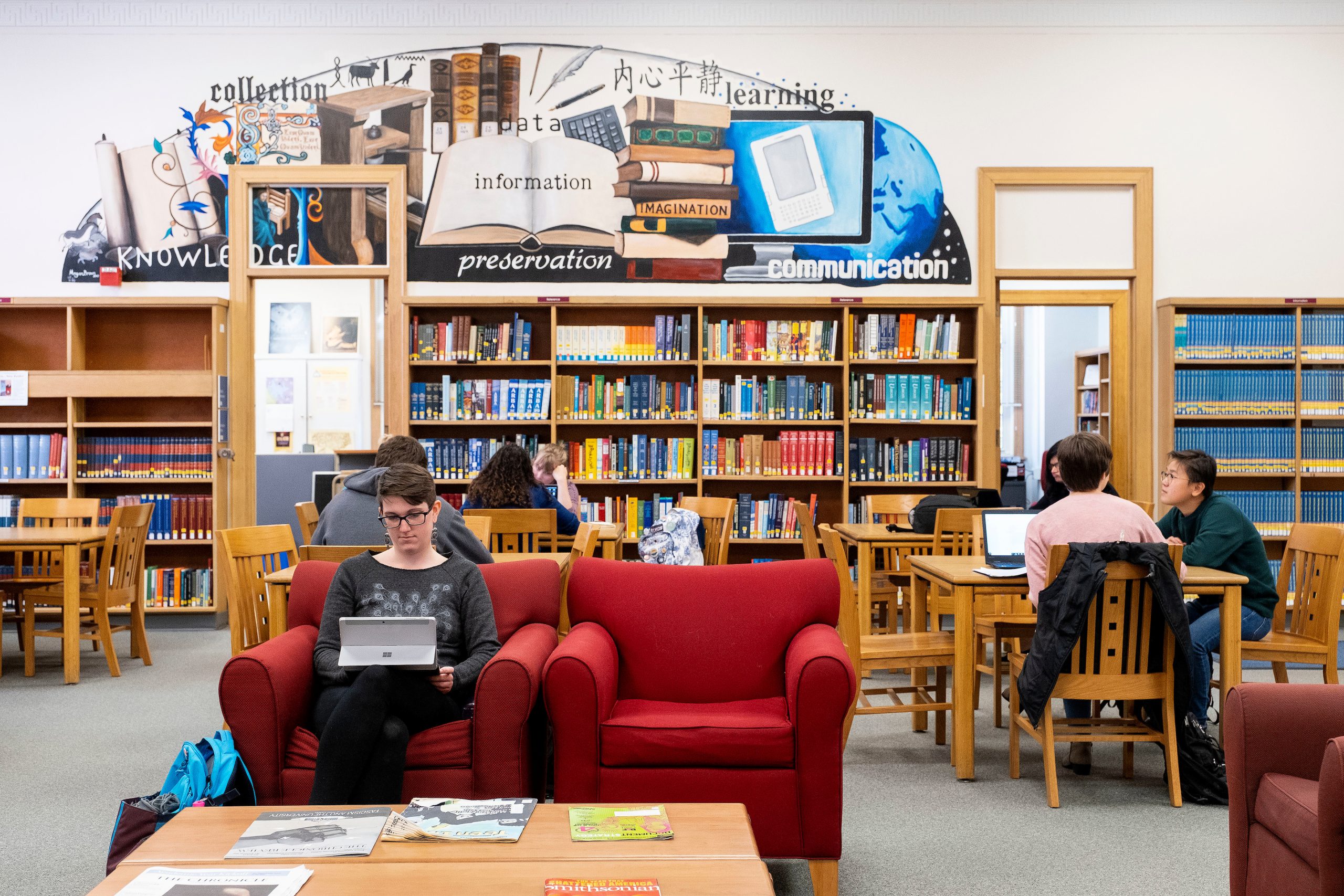A vision for trusted digital storage and management, serving students and alumni for a lifetime.
LEARN HOW IT WORKS
The Lifetime Library (LL) is designed to help students and alumni build and sustain personal digital knowledgebases that support them throughout their lives. Traditionally, students acquire physical and mental resources during their university years, but much of this knowledge was lost or scattered after graduation. Since much of the data is digital, spanning from coursework and assignments to personal files like photos, videos, and social media interactions.
LL ensures that students can preserve and manage these digital assets, allowing them to create a lifelong knowledgebase that evolves even after graduation. Our aim is to provide reliable, long-term storage and help students participate in the digital lifespan for academic and alumni, ensuring these resources remain accessible.
Store your digital resources with ease and security
Leverage cloud computing technology for reliable access
Continued support through university resources
Enjoy lifetime access to your digital library long after graduation
Our vision is to offer secure, long-term storage and services that persist throughout a student's life. This covenant between the School of Information and Library Science and its students not only helps individuals lead successful digital lives but also fosters long-lasting connections with the university. LL offers more than storage—it connects alumni with campus activities, lectures, webinars, and peer-based networks, allowing them to remain engaged with their alma mater.
Furthermore, private storage can be used to safeguard important personal documents, from financial records to family health data, ensuring privacy and security.


LL is built on a layered architecture that takes advantage of emerging cyberinfrastructure and cloud computing. Using the iRODS middleware, LL offers:
The data grid technology that is used to support the LifeTime Library is also used internationally to support scientific data collections, digital libraries, and archives. Projects include Science and Engineering Domains that are using the iRODS Policy-based data management system:
(Read: Area Organization)
Projects also exist in the arts and humanities: